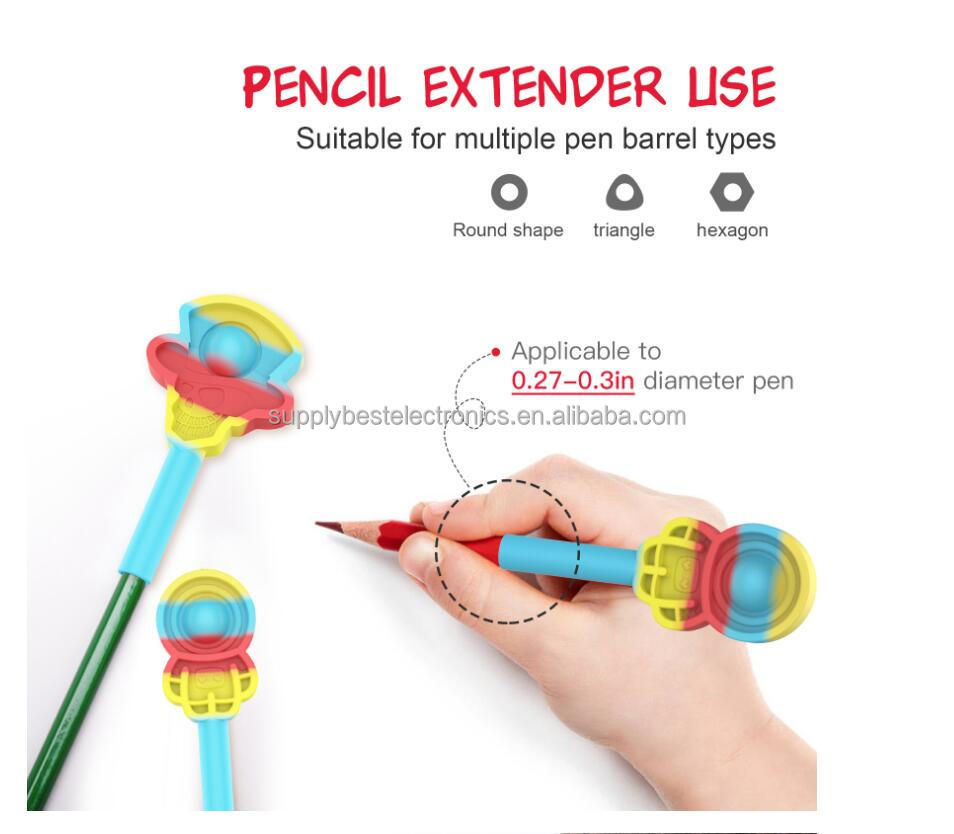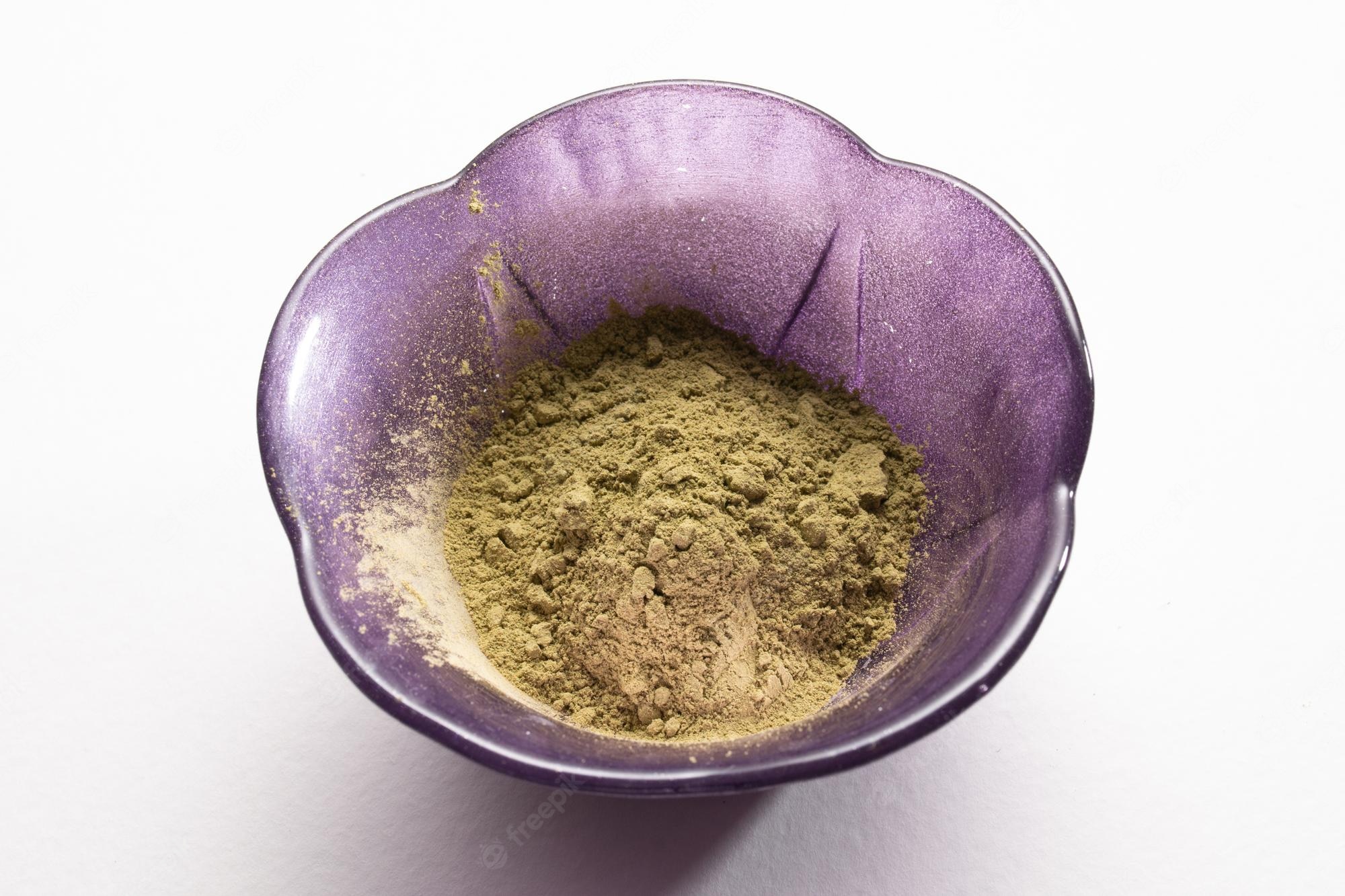
Hemp contains CBD, an ingredient that can provide many health benefits. However, the question is, how does it work? What are the main benefits of CBD? Can you use it every day? CBD has many benefits, but which ones are most beneficial for you? Continue reading to find out which hemp products are the best for you! And don't forget to check out these hemp treats for anxiety and epilepsy! You'll be surprised by how helpful CBD can be for you!
Cannabidiol
Recent studies have shown CBD oil could be helpful for those with anxiety or depression. CBD oil's anti-inflammatory properties, as well as its ability to reduce sebum formation make it an excellent option in acne treatment. While more research needs to be done, its benefits in the treatment of these conditions have already been noted by several experts. CBD oil can help patients overcome their condition, if they are proven to be true. Continue reading to discover more about CBD oil and its potential benefits in treating acne.

CBD-rich hemp treats
CBD-rich CBD-rich hemp treats have become increasingly popular with pet owners looking for ways to improve their pets' wellbeing. Although there have not been long-term studies supporting their safety, the safety of CBD-rich nutraceuticals for pets is still in question. A study examining the safety and efficacy of CBD-rich hemp products in healthy cats and dogs has just been published. Although there was no significant change in serum concentrations, the study did show that CBD-rich hemp treats did not have adverse effects on the dogs and cats tested.
CBD's effects on anxiety
Research is expanding on CBD's effects on anxiety. While anxiety disorders are classified as mental illnesses, CBD has several benefits over other medications. It is effective in reducing symptoms and has minimal side effects. This is especially useful for those who wish to avoid side effects from pharmaceutical medication. There are natural remedies that can help with anxiety. Here are some:
Cannabidiol effects on epilepsy
The rapid increase in the use of cannabis for medicinal purposes is fueled in part by recent research that suggests CBD may be an effective treatment for epilepsy. CBD significantly reduced seizures in Dravet-related epilepsy patients. CBD significantly improved the social interaction of DS mice and reduced the severity and duration of spontaneous seizures. Furthermore, CBD was found to be associated with phenotypic epilepsy-related behavioral deficiencies. It also restored inhibitory interneurons at the hippocampal demtate gyrus. This is vital for seizure propagation.
Interactions with other medications
CBD can interact with many products. Certain drugs should not ever be taken together. Other products must be adjusted in order to work with CBD. Each individual will have a different reaction to these interactions. These interactions are most common in people over 65, who are more likely than others to be taking multiple medications or to experience age-related physiological changes. Here are some potential drug interactions CBD might cause. Contact your doctor to learn more.

Safety
Despite CBD’s popularity, there remain questions regarding its safety. However, there are no scientific studies to support this claim. Nine healthy men took 600mg of CBD along with a placebo. After a week, participants to the study reported lower levels of blood pressure and stress after taking 600 mg of CBD. Also, they reported lower stroke volumes which indicate that their heart pumps more efficiently. These findings don't indicate that CBD overdose is a possibility.
FAQ
Where can I purchase CBD products?
You can purchase CBD online or at local retail stores. Online retailers offer better deals. Many websites offer CBD products that are made from industrial hemp. This product contains less than 0.3% THC.
You can shop locally if you prefer to buy CBD products from brick-and-mortar stores.
There are laws in many states that allow CBD products to be purchased without the need of a prescription. You may be able buy CBD products from your local pharmacy if you are a resident of one of these states.
CBD products could even be delivered to your home.
Are CBD companies worth the investment?
This question will depend on your goals. They can be a great investment if it is money you are after. If however, you only want to invest in something that may help others, then no.
Is the CBD industry saturated?
CBD is seeing a steady growth rate of 25 percent annually. This growth will continue at least five years. The industry is expected to grow from $2Billion today to $5Billion by 2020.
The CBD market is currently dominated by two companies - GW Pharmaceuticals and Canndoc Ltd. Both are focused on developing pharmaceutical-grade products. However, they have not been very successful thus far. Both of them are having difficulty gaining traction in today's marketplace.
Cannabidiol (CBD) is an extract of cannabis that contains less than 0.3% THC. It does not have any psychoactive properties. It is used as a treatment for epilepsy and other medical conditions. It can also be used as a dietary supplement.
There are many different types of CBD products available. Some are made using whole plant extracts, while others use isolated cannabinoids such as CBD.
These products all share one thing in common: low levels are THC.
This makes them legal under US federal law. You still need to comply with local laws when you sell CBD products. You should always verify your state's regulations for the sale of CBD products.
Additionally, CBD products can be illegal in several states. These include California, Colorado, Florida, Mississippi, Missouri, New York, North Carolina, Ohio, Oklahoma, Oregon, Pennsylvania, Rhode Island, South Dakota, Texas, Utah, Virginia, Washington, and Wisconsin.
CBD products shouldn't be used if you live in any of these states.
Which states use the most CBD?
California, Colorado, Oregon, and Washington are the three top states. These states are home to large populations with high incomes and low unemployment rates. They also have higher concentrations of hemp farms than other states.
California leads the way because its economy is heavily based on agriculture. California produces a lot of the country's fruits, vegetables. It makes sense, as cannabis is also derived from hemp.
Oregon and Colorado are closely followed by Oregon, both of which produce marijuana for medical use. California does not allow for recreational use.
Other states that rank high include Washington, New York. Florida, Illinois. Pennsylvania. Mississippi.
How big is the global CBD industry?
Euromonitor International estimated that the global CBD industry was worth $US3.5 billion in 2015. This is an increase of more than 10% compared to 2014.
This figure is expected to grow at an average rate of 12% by 2020.
By 2020, CBD products will account for approximately half of all global hemp-derived products.
This includes CBD oils, as well other CBD products, including food, beverages cosmetics, pet care, and CBD oils.
What's the future for the CBD industry?
The future of CBD is bright. It is easy to see why this sector is so popular. This market is expanding exponentially with CBD products being purchased globally at a total of $1 billion.
Statista estimates that worldwide cannabidiol sales will hit $22.4 billion by 2019. That's an increase of almost 200% from 2018!
The CBD market is also predicted to grow at a compound annual growth rate of 22.5%, which equates to nearly $6.8 billion in revenue by 2022.
This is good news for both companies that want to enter the CBD market and those who are already in this sector. The CBD market is still young and may face challenges.
What are the most common mistakes companies make when they try to enter the US market for cannabinoid products?
Uncertainty about the regulations for cannabis products is the first mistake. This could result in you needing to alter your product formulation.
A second error is not properly labeling your product. It is essential to find out if your product contains either THC or CBD.
The third thing you need to do is understand how to package your product properly. If your product contains THC you should ensure that it's packaged in child-resistant containers.
Even if your product doesn't contain THC, you must still comply with all packaging laws. There are many states in which cannabidiol is legal.
Remember to keep track of any recalls for your products. It is crucial to notify customers as soon possible if you have a problem with your product.
Statistics
- OralWhere HED is the human equivalent dose, and Km is a correction factor estimated by dividing the average body mass (BM) of the species (60, 0.020, and 0.150 kg for 11 humans, mice, and rats, respectively) and by its surface area (see: Nair et al. (ncbi.nlm.nih.gov)
- HR −16 mmHg; 95% CI −26, −6; I2 = 92%) (ncbi.nlm.nih.gov)
- The inhibition of FAAH is predicted to lead to an increase in brain and plasma concentrations of AEA, which acts as a partial agonist at CB1R and CB2R, thereby increasing endocannabinoid tone [92, 110]. (ncbi.nlm.nih.gov)
- The use of these products is likely to become even more widespread if the World Health Organization's recommendation that CBD no longer is scheduled in the international drug control conventions is adopted by the United Nations member states [201]. (ncbi.nlm.nih.gov)
- however, one study also found that these effects were virtually abolished when the original media (a nutrient broth agar) was replaced with one containing 5% blood (increasing the minimum concentration to ~160 μM CBD) [179]. (ncbi.nlm.nih.gov)
External Links
How To
How to get certified for selling CBD products
CBD (cannabidiol), is one of hundreds of cannabinoids in cannabis plants. It has been used medicinally in many countries throughout history, including traditional Chinese medicine and India. The ability to treat conditions such anxiety, pains, epilepsy, and inflammation has made CBD products extremely popular in recent times. The U.S. does not have an official certification program yet for CBD products. Therefore, anyone wanting to make a living selling CBD products must rely on their "unofficial" self-certification.
There are two methods to do this. The first is to join a local association of canna-business owners. This allows you to network with other owners and get advice and support. There are many organizations in the United States. There are two options. The first is to open an online business. Online canna-businesses are now allowed in most states. If you have the permission, you can start accepting orders and set up your website. You must register with the Department of Public Health in your state. Once you have been registered, you will be able apply for a state license through the department of public health. After you have received your license, your store is officially open and you can begin taking orders.